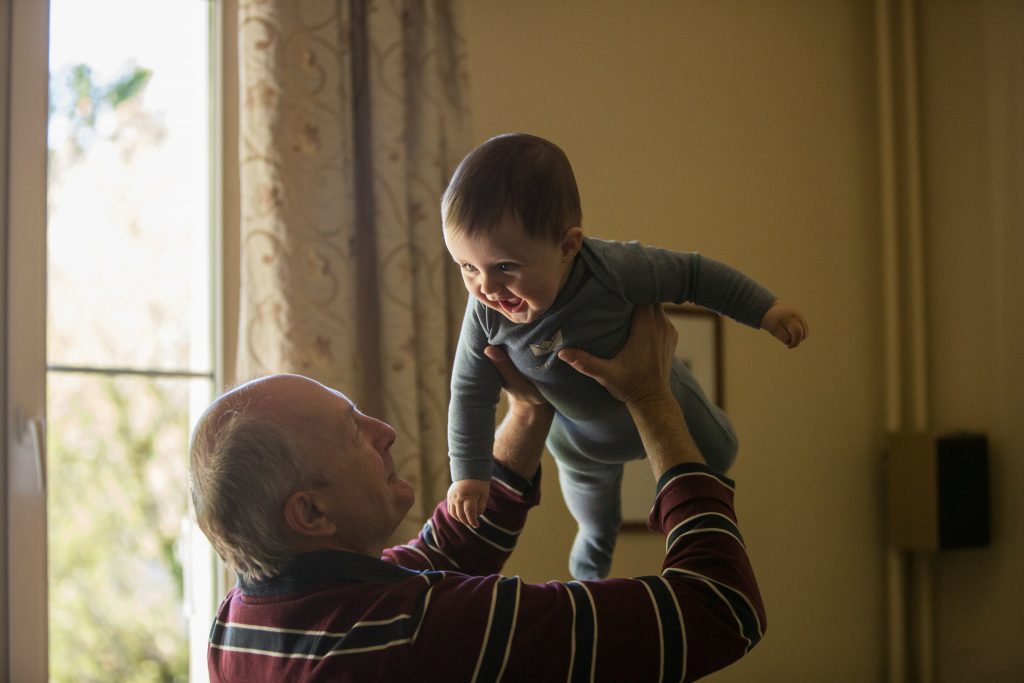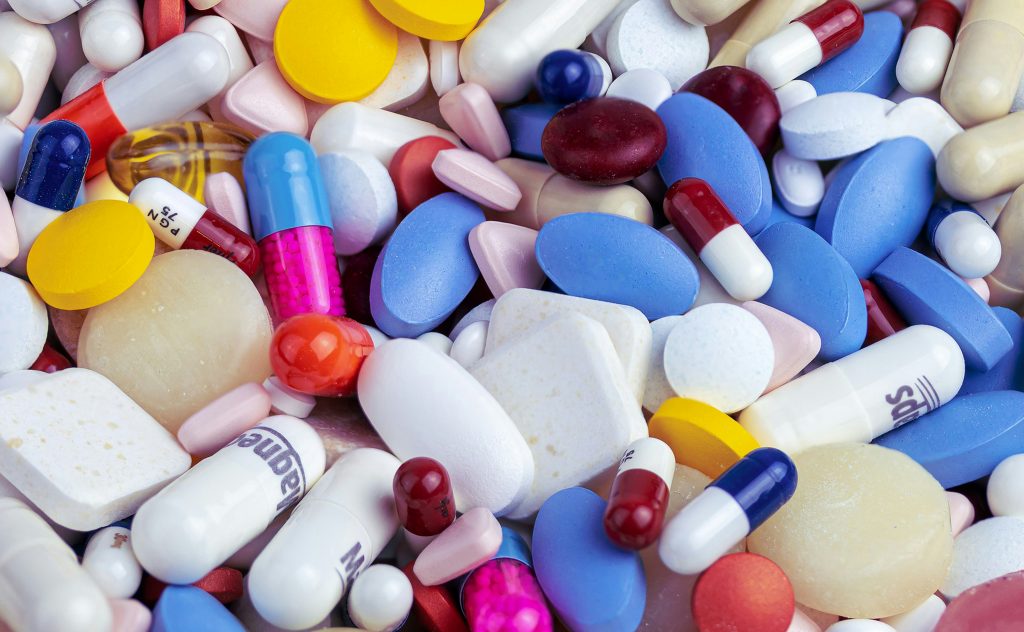A friend of mine, Lars, was diagnosed with diabetes type 1 when he was just thirty-six years old. In the middle of life, family and career, he was struck by the lightning of a chronic disease that would affect everything. However, being somewhat of an entrepreneurial spirit, Lars decided to not let this insulin production deficiency win over his expectations of a prosperous life. So he plunged head first into the gadgety world of life science technology. Today, Lars is 67, comfortably retired and well used to the latest apps, sensors and pumps that he needs to make life as predictable as he can, given his diabetes.
One of the most debated societal functions globally is healthcare. And one of the reasons it is on every politician’s agenda is that demand is increasing while budgets need to be cut. Most healthcare CFOs agree that the current paradigm of treating illness when it occurs will not hold unless we can make people not get sick in the first place.
A healthy living is one of those virtues that you always know you make too little of an effort to maintain, but nevertheless hope will give you a positive surprise at the next doctor’s visit. It is a dull routine with a vague reward of an indefinable life span extension, which you are probably too old to care about anyway. However, if you face a comparison between having a healthy body or an abused one for your future self – in a situation one day where you might have grandchildren to play with – it begins to matter, doesn’t it?

On his smartphone, Lars can monitor all the statistics he wants. Although he has a thing for technical stuff, he would argue that he actually has a rather healthy relationship with his engineering side and therefore very rarely looks at data just because he can. When he does, it is for good reasons and to confidently manage the glucose level in his blood.
Lars describes his experience like this. His Continuous Glucose Monitor (CGM) allows him to be aware of whether his blood sugar is in or out of range. Time in Range (TIR) is good news. But everytime his glucose is outside the healthy range – typically less than 70 mg/dl (4 mmol/l) or more than 180 mg/dl (10 mmol/l) for more than 1-2 hours, he knows that his life might be cut shorter at the end. If only by days or weeks and in quite a distant future, he describes it as an awful insight, creating very much a feeling of discomfort in the present.
Most of us don’t regard a healthy day or two as a reward. If you have suffered trauma or life-threatening disease, personally or in close relations, you probably have a better perspective on this, but the majority would regard this as life as we are used to it. When health is gone, however, then it starts to matter quite a bit. When we become ill, life becomes unpredictable, so we are desperate to learn what is going to happen next and how it can be cured. How can health be reinstated? Lars got over this spoiled attitude towards health more than three decades ago. To him a healthy day, or a day with more than 80% TIR (Time in Range), is a reward in itself. A reward that motivates him to continue playing the long game.
For those of us that don’t have a CGM or a TIR metric to make us appreciate a vital day, there are only doctors, cures and medicines available to make us happy about healthcare. And the hospitals are really good at this. Don’t get me wrong, we will still need doctors and nurses for the foreseeable future. Unfortunately, they have currently become so bogged down with sick people looking for health, that they often have trouble accommodating everyone. So they are, in fact, not that available either. It is definitely a shame, and slightly ironic, that we seem to have to get ill in order to be healthy.
As pointed out in the beginning, It is a well established fact that healthcare as we know it today will not survive the projected growth and ageing of the world’s population. We are facing a global challenge of providing more care for less money. It is quite a rabbit to pull out of the hat actually. Even if we include all the promising life science research and technological wizardry that is “in the pipeline”, it will not be enough to make ends meet. You can ask any insurance company. They are capitalistic professionals at figuring out the long term cost of a sick population and turning it into a monthly individual insurance policy. And they all know that the old treatment paradigm has to be replaced with a preventive one.

Unfortunately, healthcare systems are complex things, built over centuries and therefore not very easy to change. Most professionals in the systems have long educations to maximise accuracy and minimise error in their diagnoses and treatments. They don’t have an incentive to help their patients not become ill in the first place. If anything, they might be encouraged to become more efficient. To offer more treatments for which you qualify by being ill. The system therefore assumes that the more treatments that can be delivered, the better the health for the population. System efficiency is achieved by adapting capacity in different clinics to the number of treatments required. This means that there are few incentives for the system to reduce the number of treatments.
For healthcare systems to enjoy the prospect of a financially sustainable future, they need to move away from delivering treatments and medicines. They need to stop spending management consulting fees on how to do more of the old stuff for less money. Instead, they need to figure out how to deliver “not becoming ill in the first place” or, in other words, healthy, happy, vital days for citizens who are not yet regarded as patients. They need to figure out how to deliver Time In Range, in a way that makes every hour and day feel like a reward, not sometime in the future, but as it occurs. And not just for people with diabetes, but for everyone. And they need to do it with solutions outside the current healthcare system. Like food, fun and exercise. What could be more instantly rewarding than that, by the way?
In what ways do you observe or monitor your sense of Time In Range for a healthy life?